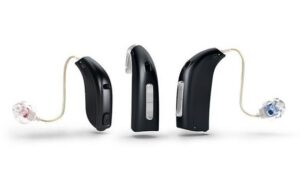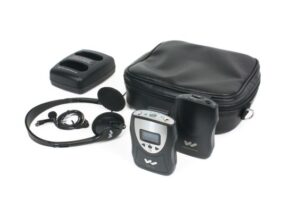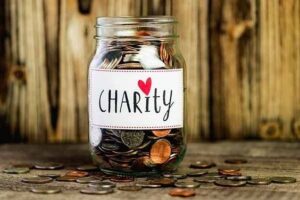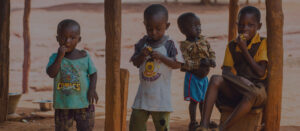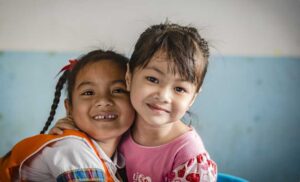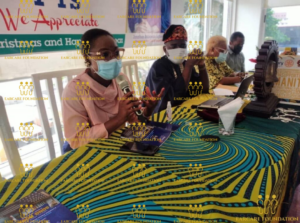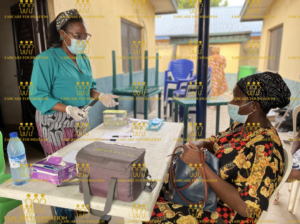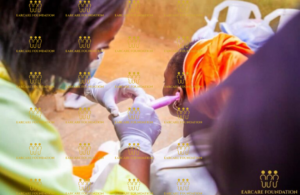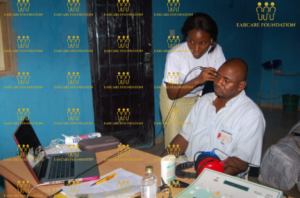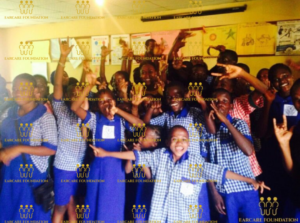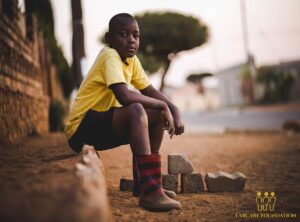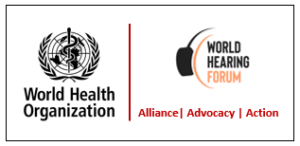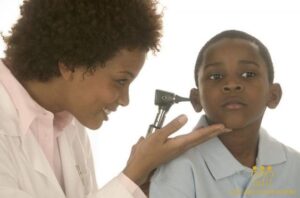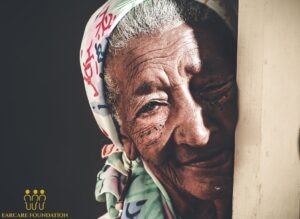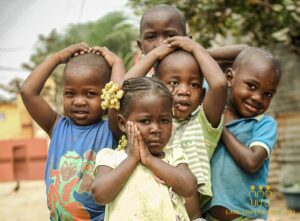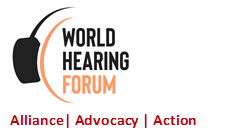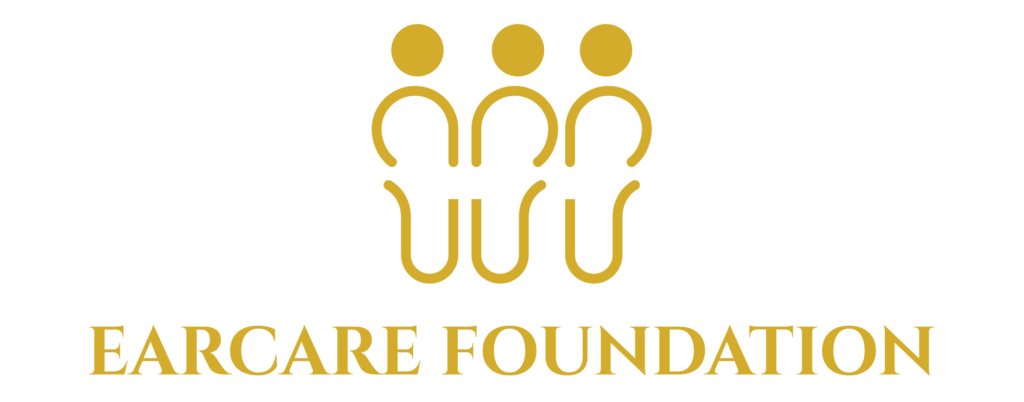What is Education?
Education brings about an inherent and permanent change in a person’s thinking and capacity to do things. Effective education is a learning experience.
Education, as we understand it here, is a process of inviting truth and possibility, of encouraging and giving time to discovery. Education is deliberate. We act with a purpose – to build understanding and judgement and enable action.
It is often said that we are learning all the time and that we may not be conscious of it happening. Learning is both a process and an outcome. As a process, it is part of being and living in the world, part of the way our bodies work. As an outcome, it is a new understanding or appreciation of something.
Impact of Education
Deaf children and young people with hearing loss growing up in developing countries like Nigeria and other African Nations, experience many challenges that must be addressed to support their inclusion.
In developing countries, deaf children and hard-of-hearing young people face additional challenges such as late diagnosis, difficulties accessing quality education, stigma and discrimination. Most deaf children in low-resource settings have little or no language when they start primary school.
More than 90% of deaf children are born to hearing parents with little or no experience of deafness/hearing loss or knowledge of how to communicate with a deaf person.
The majority of deaf children cannot read or write because they have considerably reduced access to their native language during the first few years which delays the learning process.
Without the right support, deaf children and young people with hearing loss are vulnerable to isolation, abuse, bullying, poor self-esteem, and low levels of achievement. Deaf children are more than twice as likely to be abused as other children.
Deaf young women and girls often face the most acute challenges as their education is seen as an even lower priority than that of hearing girls or deaf boys. They are at a greater risk of child marriage, sexual exploitation, and the negative impacts of a lack of sexual and reproductive health education.
Deaf children are less likely than their hearing counterparts to go to school or complete their education and this will have an impact on their future aspirations.
It is important that deaf children and people with hearing loss are supported to access quality education, so they have the opportunity to achieve. Deafness is not a learning disability. There is no reason why most deaf children and people with hearing loss should achieve any less than hearing children.

